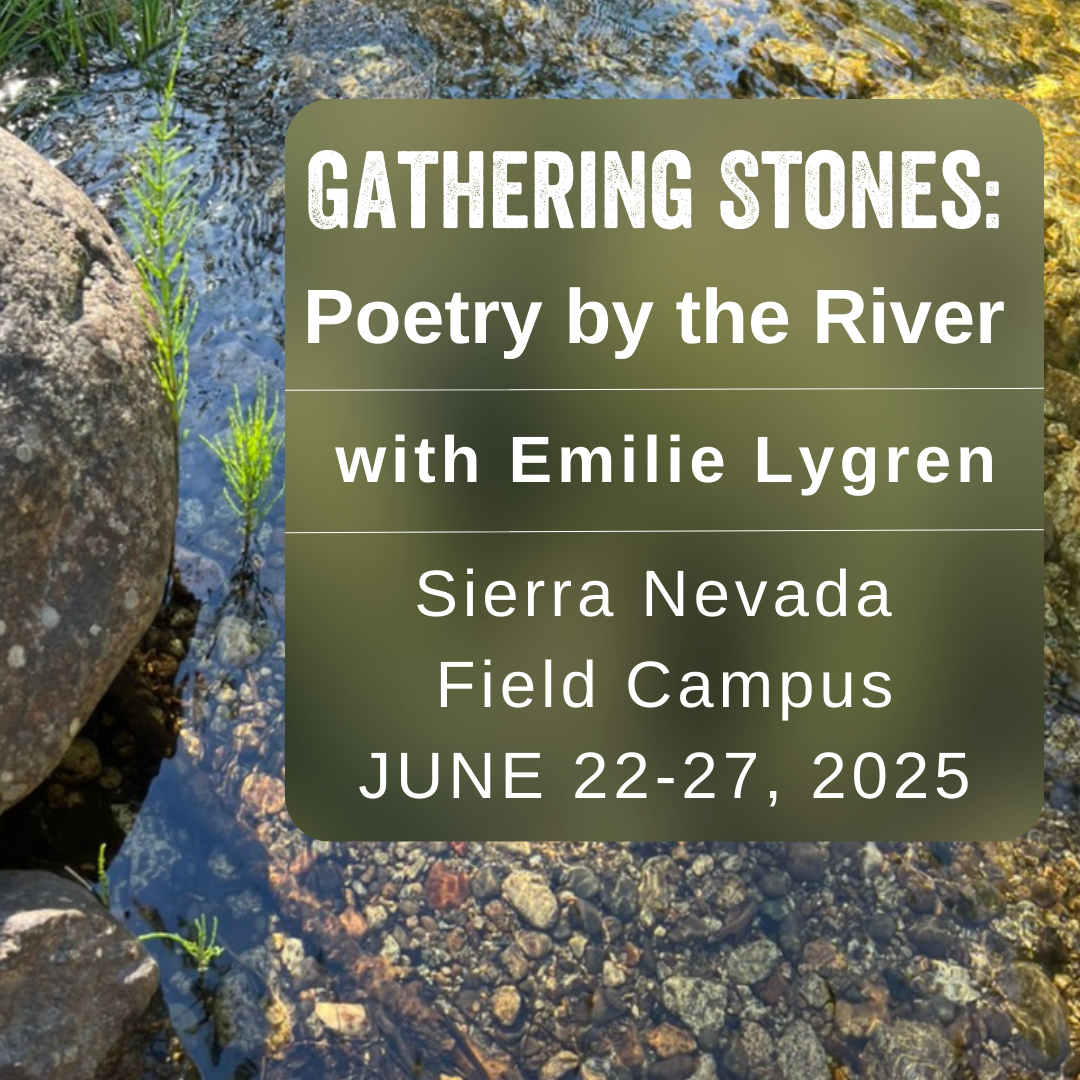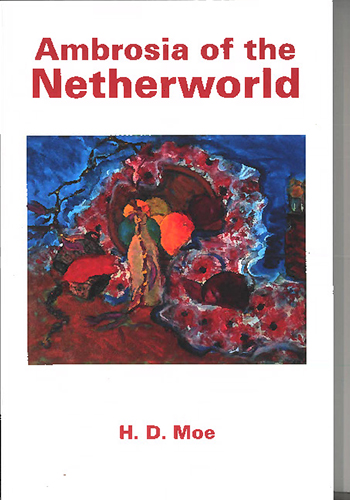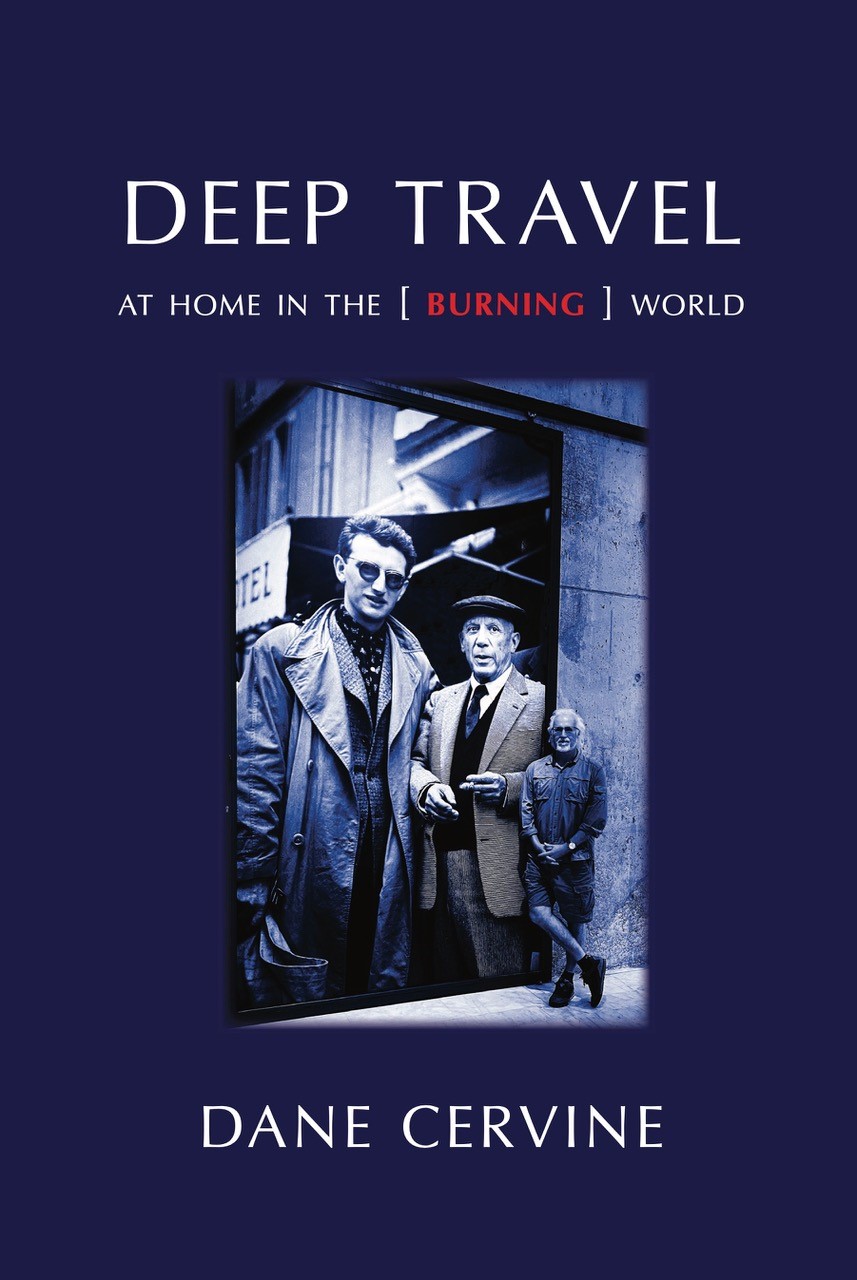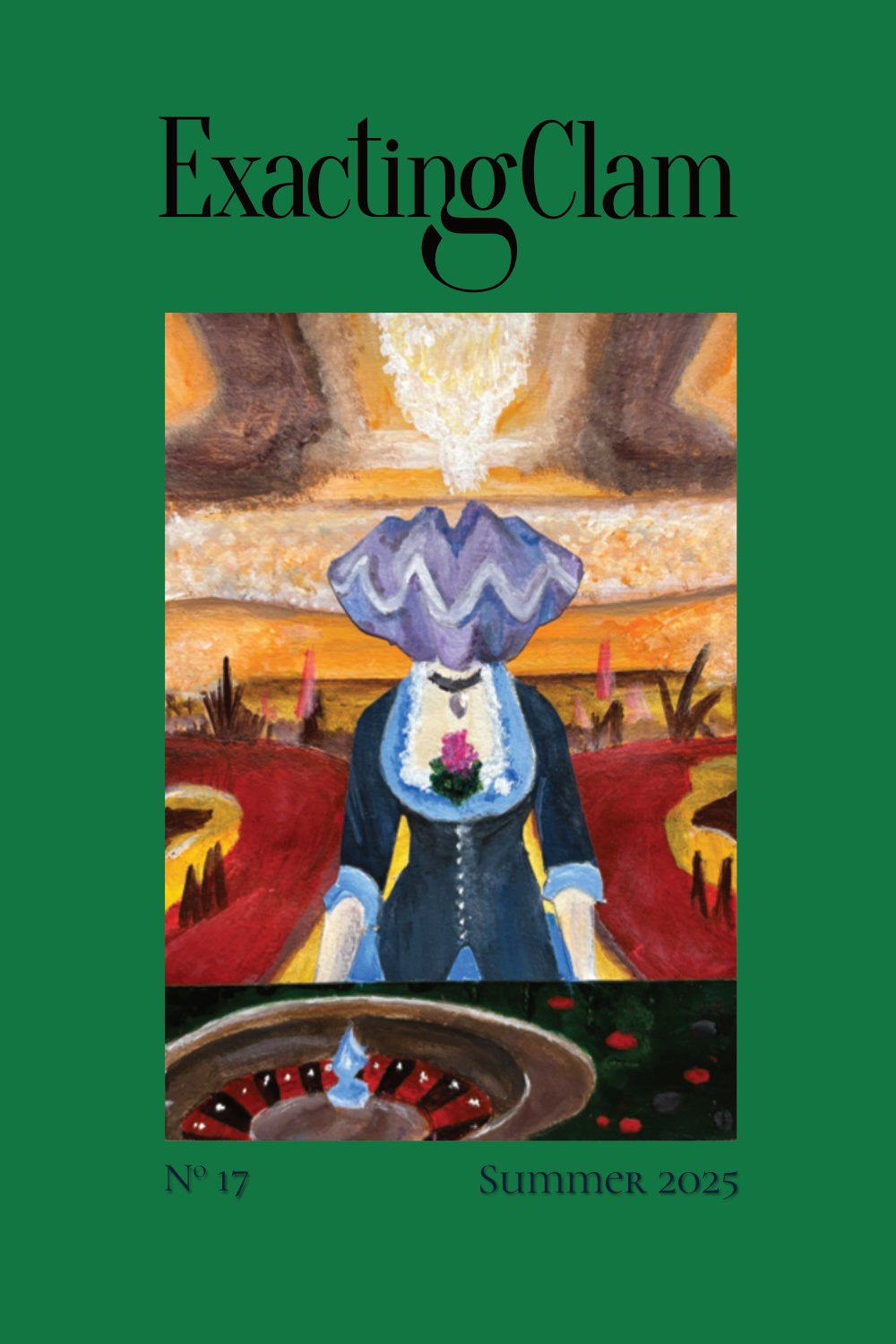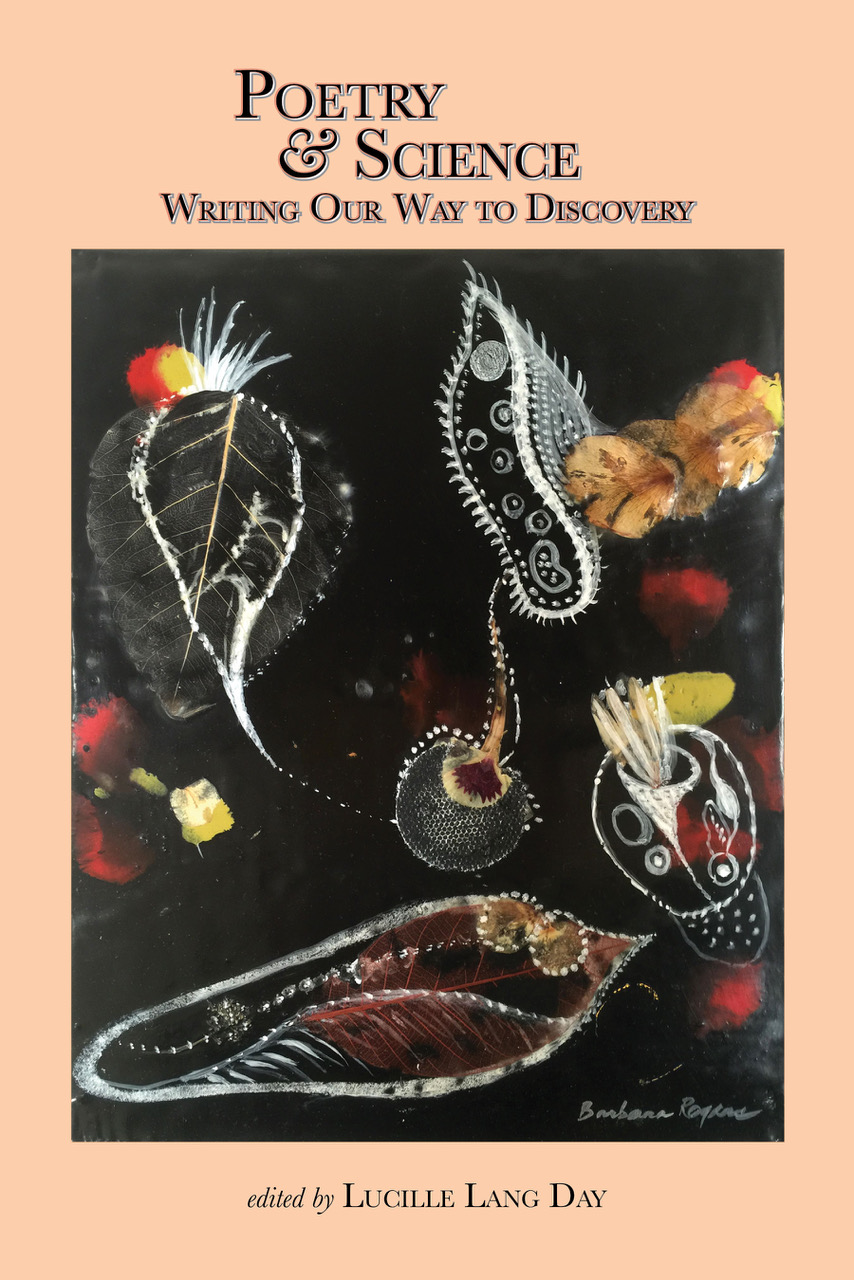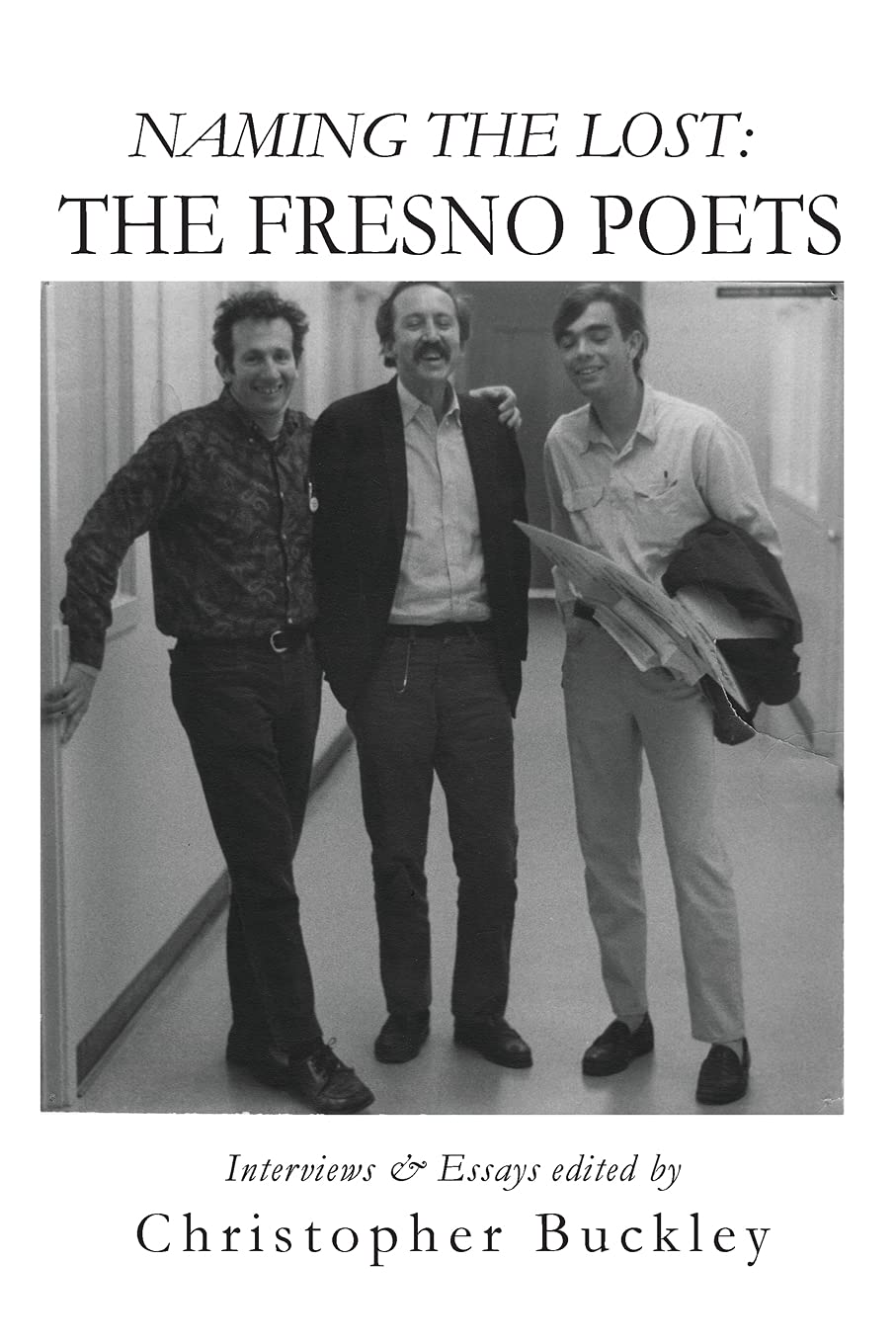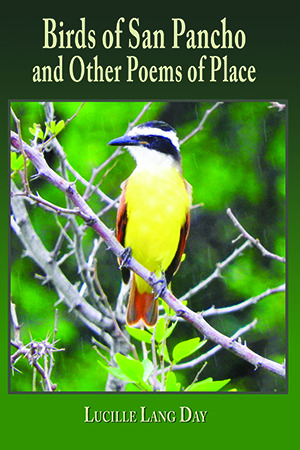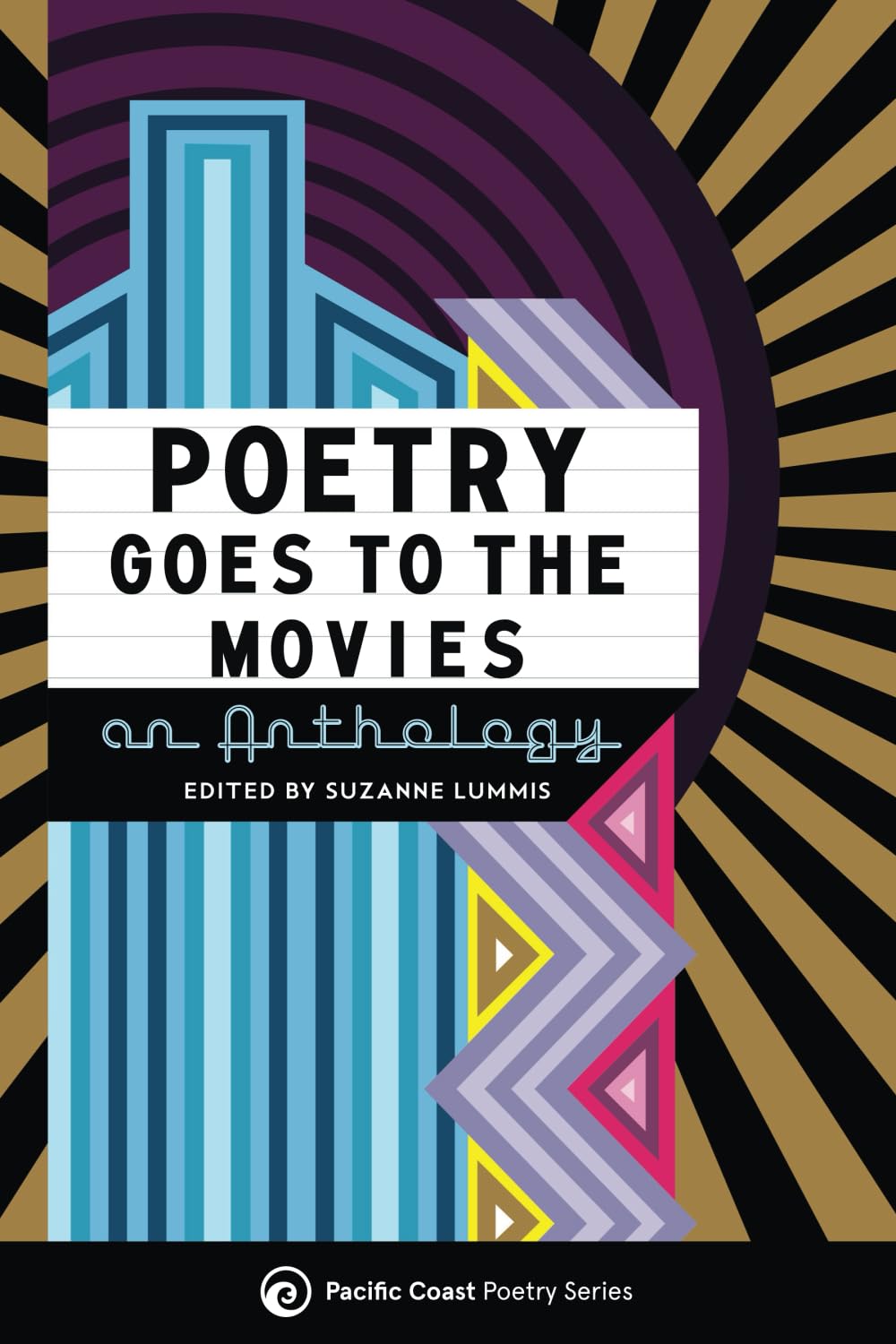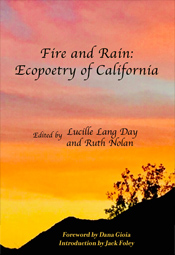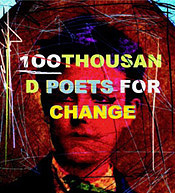
The Soft Percussion of Starlight
by Richard Silberg
Creature, Marsha de la O, Pitt Poetry Series, University of Pittsburgh Press, Pittsburgh, PA, 2024, 82 pages, $18.00.
SHE BEGINS "To Be Unprotected," first poem in the book:
Alone, under a blue cloud backlit
by a quarter moon in a dry wash,
I wanted starlight to bend low
brush my face and bare arms.
There's a thirst inside syntax
for what can't be told: night breaking
against a bowl of mountains, heart
ticking each unit of flux.
Marsha de la O is gifted with an intensity of language and experience rare, I think, even among poets. Here's how she finishes the poem:
When I say I thought I might die
of beauty, I mean it broke me apart.
I had to give in, let night drape
a garment of sound over my human
form. Let words yearn toward
silence, under the piano of starlight.
Its soft percussion.
If wild is psalm and singer, let
it wash over, empty me, and
make use of my emptiness,
I am willing.
The title poem in the book, "Creature," gives some hint of the 'subject' to which this collection has put that "emptiness." She's alone in her kitchen "looking up from time to time and out / the living room window to the olive tree." Wind is blowing through an open window, sunshine, quiet, shifting patterns of dust and shadow. "All transfigures in an instant. A flailing noise, / glass shaking in its frame, what could it be, / this sound, so lost and angry, so alive? / And there she is, a hawk in my alien / living room battering her wings against / the baffling solidity of air, a hawk trapped / in a paroxysm of fear.…" she describes their mutual confusion and desperation, empathizes, "How many times have I sensed myself / as though behind glass, my isolation / excluding others, and always, / it seemed, the real world just beyond?" The poem movingly details this bird's frantic thrashing, "As though I could kill her by looking at her," how she, accordingly, lowers her gaze, backs off, fully opens all the windows and doors and retreats to her garage, removing "my hateful presence." As so often in this book, though, "Creature" goes on past a conventional ending, finds another gear. She's talking to her therapist, saying "…Doctor, I'm the one I'm trying / to set free.…" The therapist nods, approving? disapproving? and the poem goes on to its true ending:
Then she asked, Have you ever felt an energy,
perhaps even a feminine energy? I shook
my head. But standing, shaking in the garage,
it must be a god I'm praying aloud to—the life force
itself whose name is creature—saying, creature,
you can do it, you can find your way, creature.
The atmosphere of the collection is dark and radiant, and the individual poems roam the full human range, love poems, elegies, nature poems—in reading this book I don't see anything like a model de la O poem—but the underlying subject is the pain and power of that creature world.
Here in the short poem "Sudden Light" she speaks to her mother as she spoke to the "life force" just above. This is the last half of the poem:
I might be darkness an eye could
train itself to navigate.
A heron takes to air in the end.
Brokenness is made of breath,
blue wash of twilight, a glimmering
spread of wings, like that evening
my mother flew out of herself
after they shut off the machine, slipped
the last needle, and I whispered,
mom, you're a hero, no one
could have tried harder.
And how effective that ending is; where the conventional 'poetic' impulse might be a rush to glory, she chooses to come down at the end, plain, unvarnished in her mom's ear.
What she's writing about in "Sudden Light," of course, is her mother's 'heroic' struggle with death. There are many such struggle poems in this dynamic book, "Creature," itself, being one of them. "The Seer and the Seen," at three pages one of the collection's longest, is also the only one that deals directly with the life of another poet. It begins:
If fish could swim into air and feed on brilliance—
that light-thrashed frenzy, that glory-cloud of jots and zags:
gold dragonflies with golden wings.
And he in their midst
almost as if they'd called him.
Almost as if to say,
Here, stranger, you can safe-keep your love, here.
Say it was like that…
And then the poem moves to a section reminiscent of the soft percussion of starlight with which de la O's book began:
The stars are like letters
that inscribe themselves every moment,
whispers Plotinus. Across centuries.
And didn't the diminutive
Jesuit seek to descry them,
didn't he translate as best he could?&nbps;&nbps;He came
to his writing desk
which was failure
whenever he could bear it.
The "diminutive Jesuit" is Gerard Manley Hopkins, and the poem seeks to describe his unequal struggle with beauty, to shine with the stars, to swim with the dragonflies. "He died in a crumbling stone house in Dublin, his city of exile, / believing his poems would never be seen." She tells us that towards the end of his life, ironically, he believed that the dragonflies had done something terrible to his vision.
Say it's mostly about loss then…
Except maybe he disappeared into joy
in those weeks of fever, a thorn flicking loose
in the cornea
and ripping sideways, the sheath torn—
as vision filmed over, the dragonflies swarmed;
as light snows.
as they blizzard air with gold,
oh, star shapes:
to take in fully
that fire changes everything,
how lucent the flames
where love burns.
Indeed, the book's last poem, too, depicts a struggle (the poem is ekphrastic, inspired by a painting), the death throes of a pelican, wings mired in oil. Again, as with Hopkins and the dragonflies, there's the irony that what used to sustain him now drowns him. But this death brings on a dream symbiosis (synthanatosis?):
the mind saw the last green and gold,
the bronze of the kelp lifting from
her holdfast, long limbs wrapping him,
surrounding him, shrouding him
and her fan-like leaves drifted, and
the arrows of her seed let go, and
the fruit of her sex lifted, and copper
ropes held him as in a hammock,
and in this way, the moon, urging
wave onto wave, rocked the dying
to shore where their great bodies,
stranded now, came to rest.
(from "Pelican Entangled in Kelp")
Coming to the end of this review, though, I want to assure the reader that Creature isn't a narrowed 'concept' book. It isn't, for instance, limited to struggle poems. "Horses Resting" is Creature's third poem. A man driving a wagon comes upon a group of horses gathered beneath an oak tree. The poem ends:
How it is that being among beasts of burden could feel like
sharing company with languid angels. And thinks that
such closeness is also spacious, and their quiet involves
the silence of the oak and its gracious shadow, as though
Peace were part of the water table at the roots of the tree.
Creature is continuously surprising, sometimes mysterious; its language is a revelation of emotional impact and spiritual force:
I see your face again. Your lanky
grace. And happiness distills me
to a word—your name, Sanchez.
That I could know so fully
what it is to cherish. Know
how tenderness pours itself on grief.
Where there should only be nothing,
something moves; some power
has divulged itself at last. And, if not,
where came these thousand blossoms?
(from "The Hidden World")
![]()
Richard Silberg is Associate Editor of Poetry Flash. His poetry collections include The Horses: New and Selected Poems and Deconstruction of the Blues, recipient of the PEN Oakland- Josephine Miles Literary Award 2006. He's also the author of Reading the Sphere: A Geography of Contemporary Poetry. He co-translated, with Clare You, The Three Way Tavern poems by Ko Un, winner of the Northern California Book Award in Translation, and other volumes of Korean poetry.
— posted March 2025




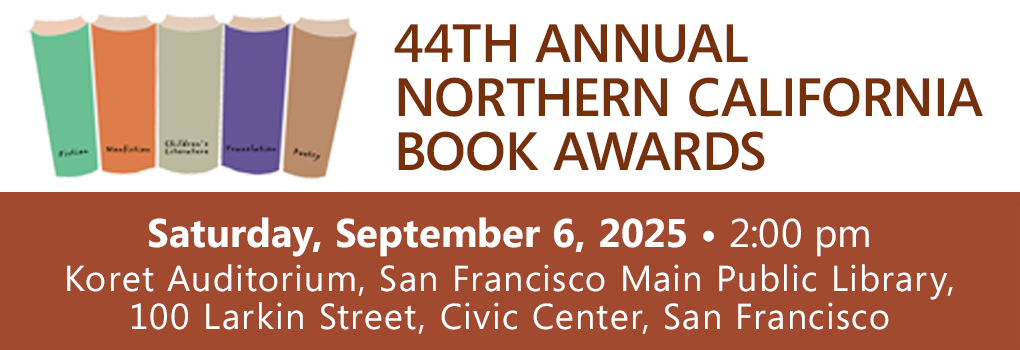


































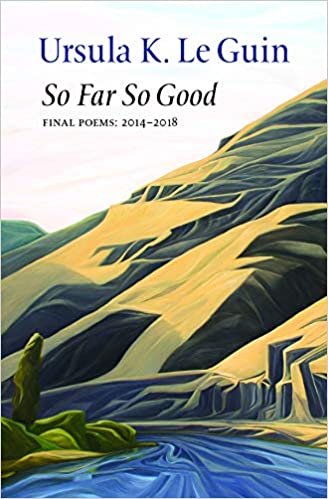 So Far So Good: Final Poems, 2014-2018
So Far So Good: Final Poems, 2014-2018 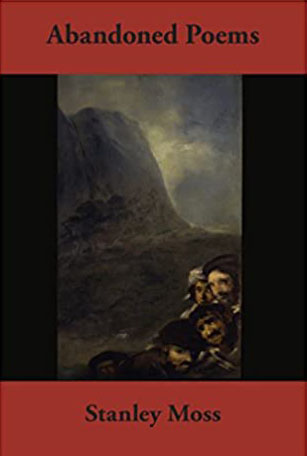 Abandoned Poems
Abandoned Poems 















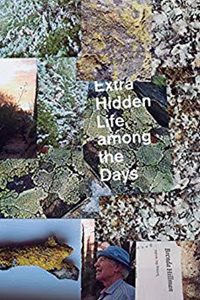 Mississippi
Mississippi 



















































